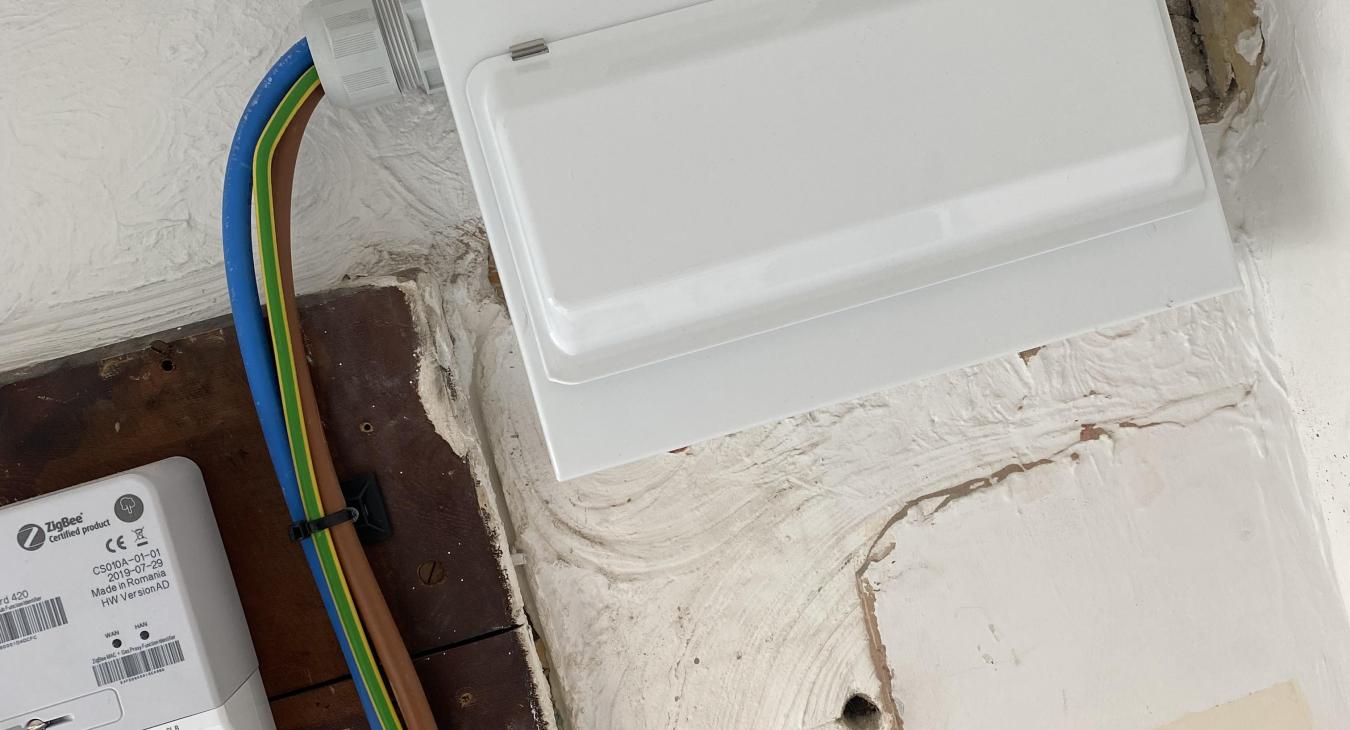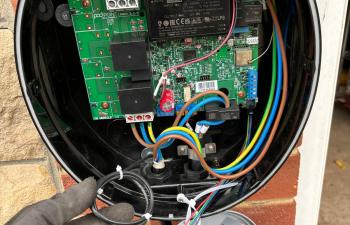An electrical safety certificate is a document issued by a qualified and registered electrician. The certificate demonstrates the safety of the electrical installations, wiring and fuses. Electrical safety certificates are recommended for all property owners and whilst not a legal requirement for homeowners, if you are a landlord (or plan to be one) you will have a legal requirement to hold up to date electrical safety certificates which must be renewed every 5 years.
Landlords have a legal duty to keep their properties safe and fit for human habitation. However electrical and gas safety are an extremely important consideration for all households as electrical faults are responsible for over 10% of house fires in the UK.
If electrical installations are neglected for a length of time this increases the risk of exposed wiring or outdated appliances leading to an electrical fire. It's recommended that homeowners have their electrics checked between every 5-10 years to keep on top of maintaining their electrical installations. Electrical safety certificates provide the peace of mind that your electric system is safe and fit for continued use. If any issues are found its best that they are detected and dealt with early on before they develop into a much bigger problem, which without inspection by a qualified electrician may go un noticed for some time.
What can an electrical safety certificate tell me?
Whilst the appearance and format of an EICR can differ they should all contain the same information including a detailed record of all the checks made. If potential issues are found the report will detail any recommended measures or improvements to be made to keep the property as safe as possible.
The purpose of the electrical safety inspection is to:
- Detect potential safety risks in the property’s permanent installations (lights, sockets, fixtures, electric storage boiler etc.).
- Identify any sub-standard electrical work that is either hazardous or potentially hazardous.
- Make sure that no electrical circuits or equipment are overloaded.
- Ensure that earthing and bonding have been carried out properly, and that there is sufficient resistance to trip the circuit breakers in the event of a surge.
Specifically, an EICR relates to all fixed installations in your home including:
- All light fittings
- All plug sockets
- All internal and external wiring
- The property’s fuse boxes
- Any electrical equipment that is permanently connected, such as storage heaters, power showers, or extractor fans
Where electrical installations are found to be unsafe or below the expected electrical safety standards, the report will outline the actions required to achieve certification.
Non-compliance of holding the correct electrical safety certificates as a landlord can result in the landlord being fined up to £30,000, so the cost of regular testing is negligible in comparison.
If as a landlord you provide “white goods” you may also consider getting a portable appliance test (also known as PAT test) for any portable appliances in your rental property. A PAT test completed by an approved electrician can ensure that portable appliances like your electrical cooker, your fridge or freezer, your washing machine and drier comply with UK electrical safety standards.
A portable appliance could be anything with a plug attached. However, don’t make the mistake of assuming that only large appliances need to be checked. Even things like toasters and kettles can be responsible for electrical issues.
Another type of electrical safety certificate is an Electrical Installation Certificate. Whenever you get a new electrical installation like a new electrical outlet, replacement fuse board or even electricity to a new location for example in the garden you’ll need to ensure that the electrician responsible for fitting it provides you with an Electrical Installation Certificate. This, along with the Minor Electrical Installation Works Certificate (MEIWC) for small amendments to current installations, provides assurance that the new installation met safety compliance standards at the time it was installed by a qualified electrician.






